Some links are affiliate links, which means if you make a purchase through these links, I earn a commission, at no extra cost to you.
Before reading the article, be aware that I wrote a 200+ pages book about traveling as a black person. Click here for more info.
What is it like, being black in Japan? Before getting to Japan, I heard that the Japanese are rather close-minded, that they don’t accept the fact that foreigners are coming to invade their territory, and basically that the Japanese are racists. But, at the same time, I was also hearing a lot of beautiful things about Japan : a wonderful country, delicious food, and a docile, respectful and friendly population. In the end, how is it over there? Is there any racism in Japan? Do they have prejudices against black people? Are there black people in Japan? Do Japanese like black people? Being black in Japan, what is it like?
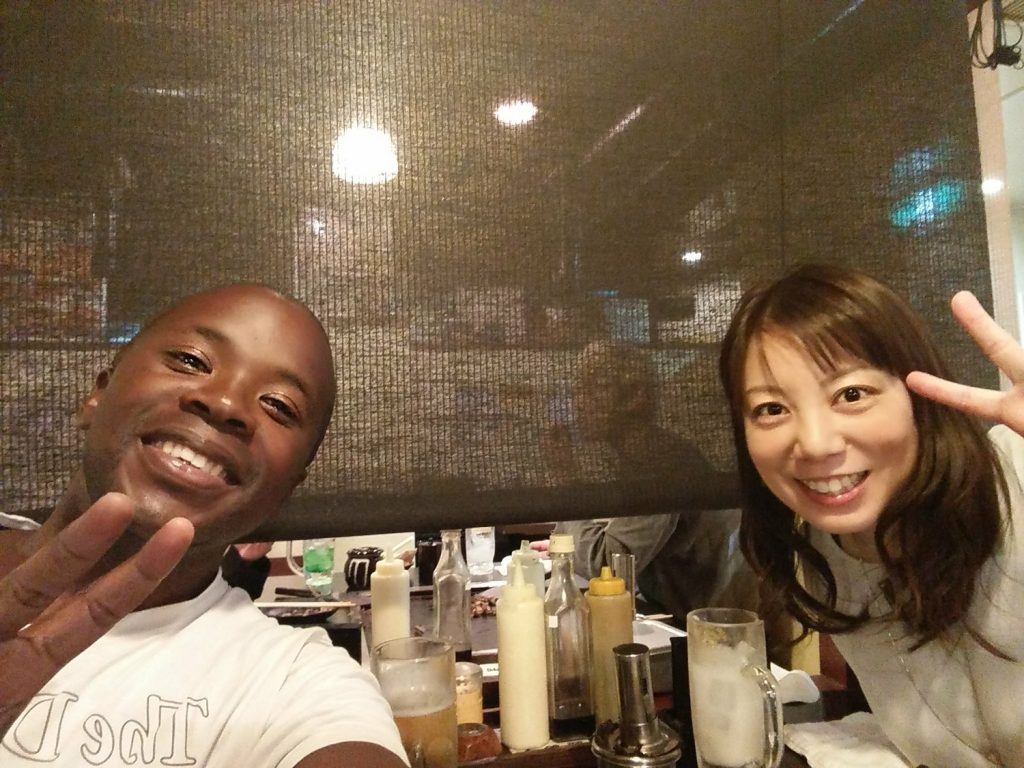
First off, I need to tell you guys that I’ve never resided in Japan, I only visited the country as a tourist. I stayed three weeks there. The first thing to know, is that if you’re just passing through like I did, you probably won’t feel any kind of racism in Japan. It’s different when you live there but as a tourist, you won’t have any problems. However, tourist or not tourist, the Japanese may interact in a clumsy way with black people, or they may make displaced comments without realizing it.
Table of Contents
Few immigrants in Japan
In fact, since the Japanese are islanders, for a very long time, they had no contacts at all with other populations. The outside world was completely unknown to them, they were isolated from the rest of the world. Immigration is very recent in Japan. To this day, 98.5% of the population of Japan are Japanese. Seeing foreigners is relatively new to them, and seeing black people is… exceptional!
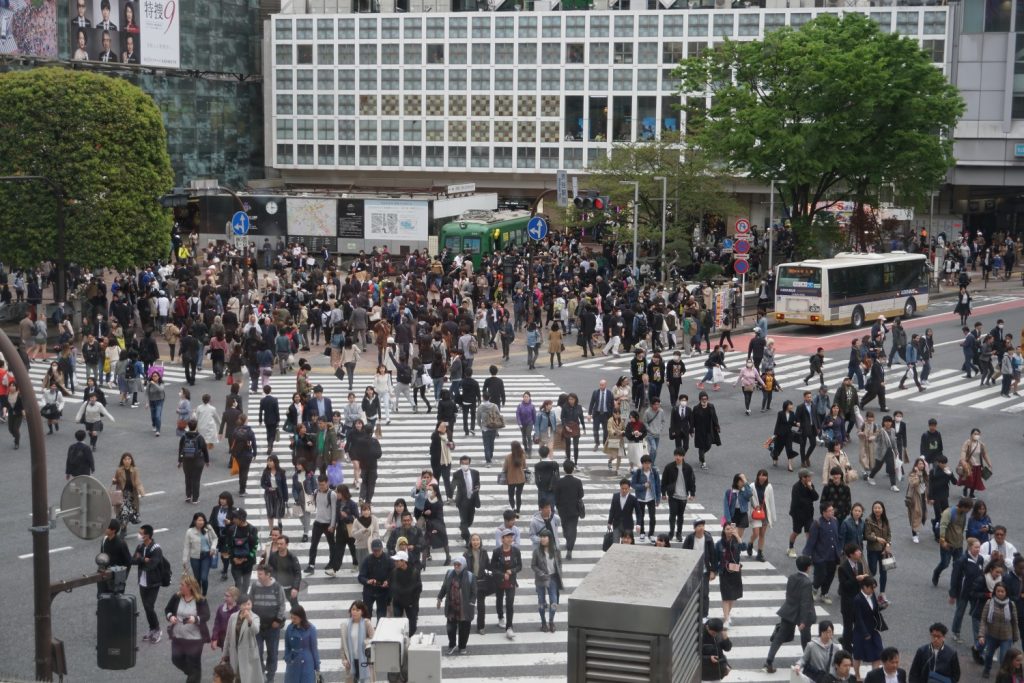
Few black people in Japan
Do black people live in Japan? Even me, apart from a few touts/bouncers working for bars or clubs, I almost didn’t run into a single black person during my stay in Japan (it seems that everywhere in the world, the same guys are doing this kind of job…). Anyway, when I was spotting another black guy, we were doing the nod! A lot of Japanese don’t really pay attention to black people, but some of them will stare at you in the street (that’s what it’s like, traveling while black!), they’ll compare you to black celebrities…
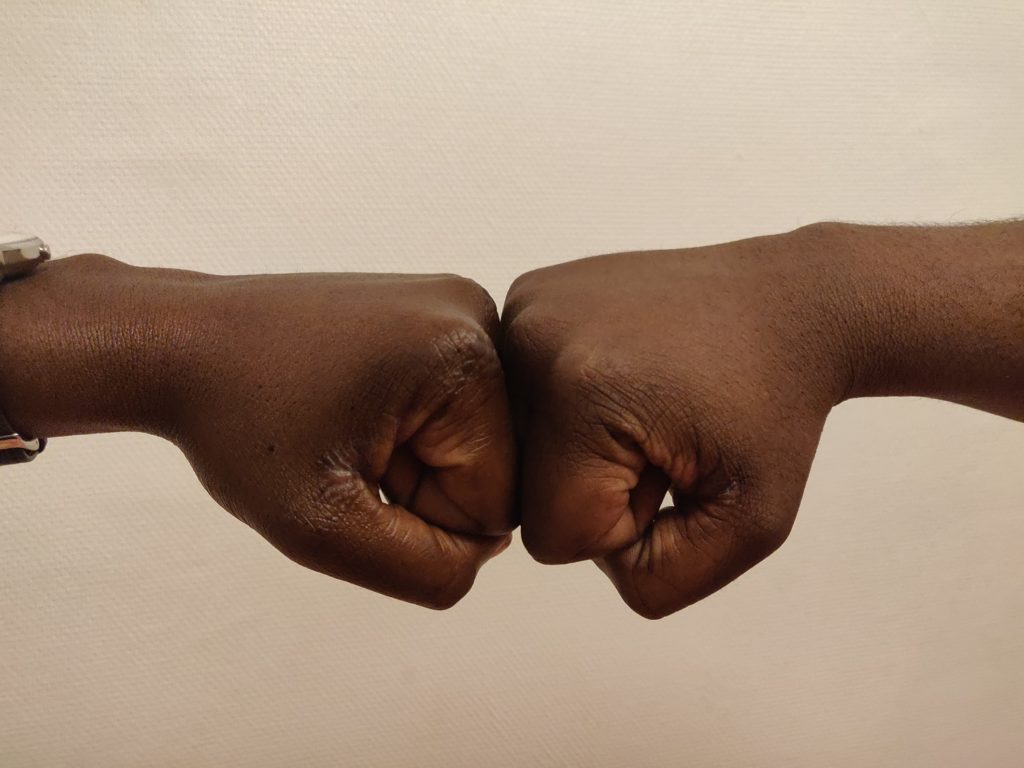
Prejudice against black people in Japan
Anyway, when they see a black person, we realize the prejudices against black people are deeply anchored in their minds, and those are the same all over the world! I was asked several times “Where are you from?“. I was making them guess, and they were always saying “USA! USA!“, or “Africa! Africa!“. Indeed, most of the black people living in Japan are usually from the USA, from Ghana or from Nigeria. When I was telling them that I wasn’t from the US nor from Africa, I could tell by the expression on their faces that they were completely disconcerted “Huh… Where are you from then???” “I’m from France!” “Impossible. Where are you really from?” “From France!” “Woooooow…“
In Nara, a group of Japanese people didn’t believe me! “No, French people are white, there are no black people of France, you must be joking. French people don’t look like this! Seriously, are you really French??? Nooo…” I told them that “Yeah I’m French…“, and I also said there are numerous black people in France, that they can go to Paris to check, or they can check on the internet the faces of our players in the France national soccer team…

There’s also this whole image surrounding black people : cool, love hip hop, good sportspeople, know how to dance, etc… Some Japanese want to get to know you, it happened several times in Osaka. As I said, quite often the locals thought I was from the US. Some Japanese touched my arm “to see what it feels like”. The kids can’t believe their eyes when they see a black person. A child touched my skin… then licked my arm 😀 I guess he wondered if my skin tasted like chocolate! Oh and I have to mention all the allusions and jokes they made about the size of my cock, which was quite often (damn, the Japanese and their relationship with sex…).
Racism in Japan
So… Being black in Japan, it’s fantastic? Apart from the prejudices (like anywhere else), there’s nothing to report? Unfortunately, it’s hardly a bed of roses. You can feel the effects of racism in Japan more if you decide to move in the land of the rising sun. In that case, you slowly become aware of what’s going on, of the existence of racism. You need to know something, the Japanese don’t really have a problem with black people, but with foreigners in general : black, white, it doesn’t matter! They quickly made the foreigners understand that they’re not Japanese, and they’ll never be, even if they speak Japanese fluently.
Finding a job is more complicated, and quite often, companies pay foreigners less than locals for the same job. Some companies specify that they don’t accept foreigners. Looking for accommodation is probably the hardest task for a foreigner moving in Japan. A lot of owners refuse to rent their place to a foreigner. They fear that they won’t pay the rent, get the place dirty, and leave the country without paying all the bills. Schools can refuse foreign kids if they feel like it’s gonna be too hard to teach them. A few bars in Tokyo (especially in Golden Gai) don’t accept foreigners. Instead of writing explicitly “Forbidden to foreigners“, you can read “Members only“.
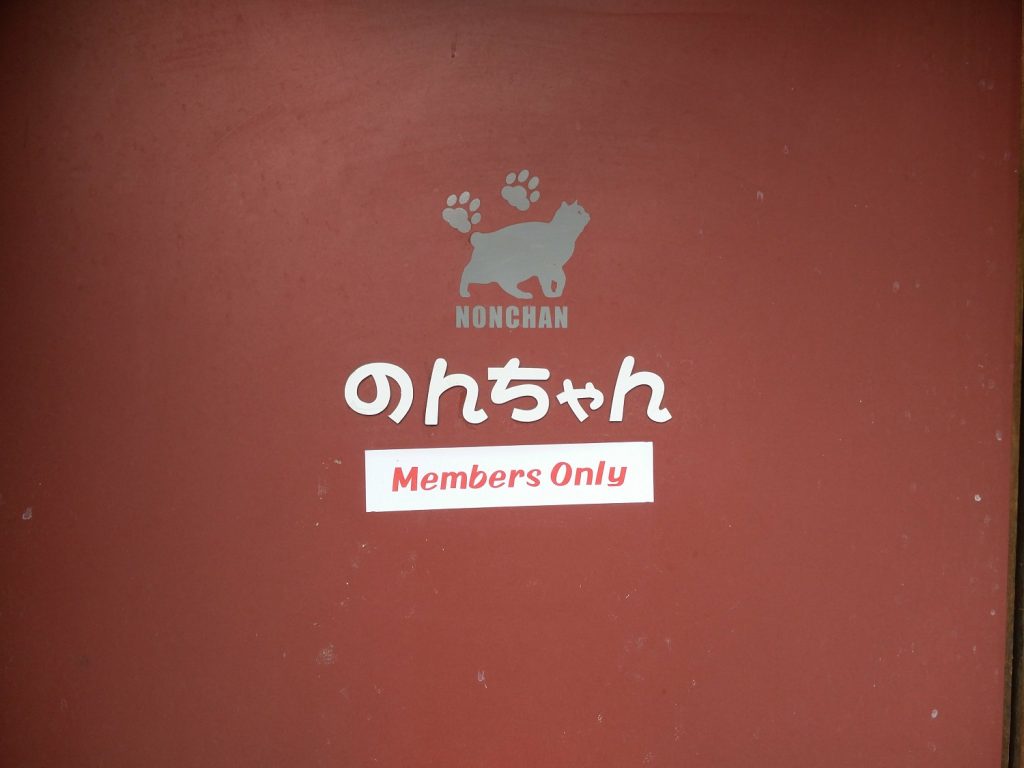
Hafu, half Japanese half foreigners
For the foreigners who move in Japan and start a family, life can be complicated for them, but it’s gonna be even harder for their kids. Those kids are called hafu, from the word “half”. Those kids are regarded as half Japanese only, even if they were born there, grew up there, and they’re native Japanese speakers. They’ll never be regarded as Japanese people, even if they spent their whole life in Japan.
The most striking example? In 2015, Ariana Miyamoto, a black Japanese woman who was born to an African American father and a Japanese mother, won the title of Miss Japan. That meant she was about to represent the country for the Miss Universe beauty contest. And guess what? It caused an outcry on the internet! “How is it even possible that this foreigner, this woman only half-Japanese, will represent our country for the Miss Universe beauty contest!? The idea is to have a pureblood Japanese to represent Japan!” Ariana Miyamoto competed at the Miss Universe pageant anyway, where she made it to the top 10. It hadn’t happened since 2007, when Miss Japan won the beauty contest. Mixed-race kids (half black, half Japanese) are sometimes called blasian, a contraction of black and asian.
The Japanese don’t really like the Chinese and the Koreans
Even though the Japanese have a certain image of black people in their minds, you probably won’t have any problems there. Most of the time, they lump together all the foreigners. In fact, the Japanese mostly have a problem with the Chinese and the Koreans, they hate them. It’s because of history, Japan was at war with China in the past, twice actually. And not that long ago, Korea was a former Japanese colony, and the Japanese committed atrocities against the Koreans at the time. The Japanese forced the Koreans to emigrate and to fight for the Imperial Japanese Army, Korean women were forced to be sexual slaves of Japanese men…
Since then, a lot of Koreans went back home but some of them stayed in Japan, we call them the zainichi. The zainichi are discriminated against, threatened, insulted… But other foreigners (black, white…) are most of the time left alone. In Japan, it’s possible to spot gaisensha. Those are white or black vans, equipped with loudspeakers and decorated with flags of Japan, riding in the city. The people in those vans are uyoku (Japanese nationalists) broadcasting the national anthem or nationalist songs. They don’t want to see foreigners moving in their country.

But once again, the ones targeted are mostly the Koreans (especially the zainichi) and the Chinese, not black people (nor white people or other ones…). Immigrants from South Asia and from Latin America -who mostly come from Brazil and Peru- are also discriminated against sometimes, and they can be regarded as inferiors, lazy and freeloaders.
Are the Japanese racists
As a black person in Japan, it may be possible to be stopped by the police more often than the other ones (it happened to me at the airport, in Hiroshima, in Kyoto…) but that’s it. There’s almost no security issues in Japan, I guess the cops are bored and try to find a way to fill their days… You’ll also notice that in the subway, even if it’s packed and there’s a seat next to you, the Japanese will never sit next to you, in fact never next to a gaijin (foreigner). For a reason that escapes me, they don’t dare to sit next to a foreigner. But I think it has nothing to do with racism. Apart from that, there’s no real problem linked to racism in Japan, especially for a tourist.
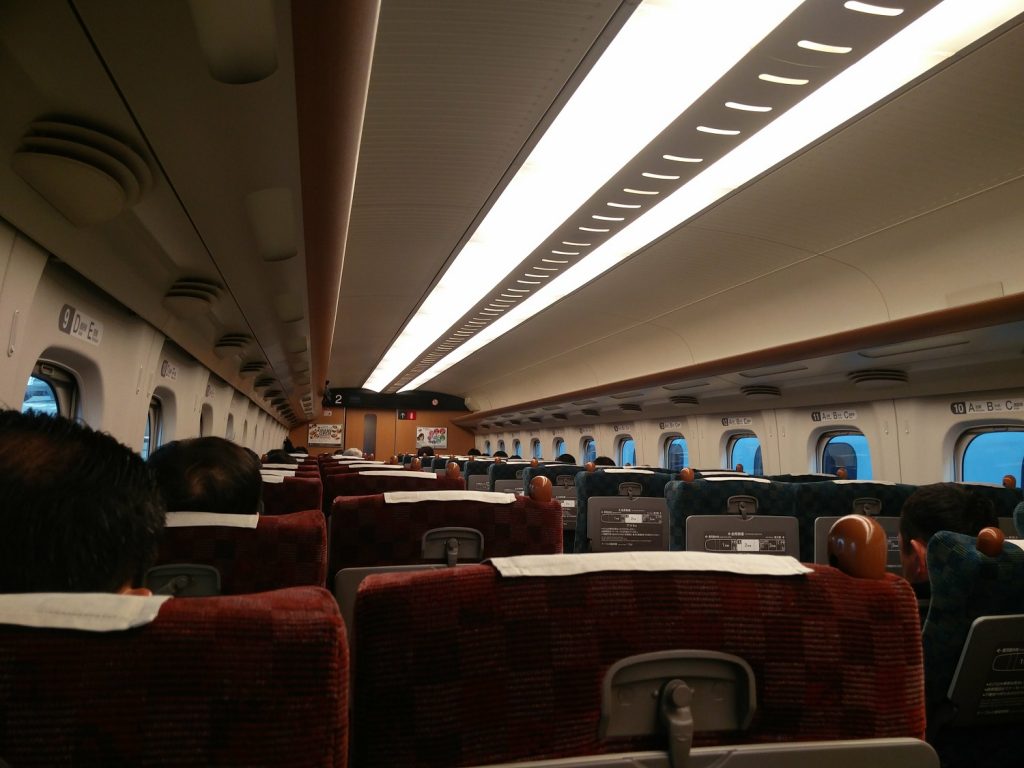
B-style, black culture in Japan
By the way, in Tokyo, I spotted a few Japanese who seemed to like black culture. They’re called B-stylers. Japanese people who listen to black music, love fashion, and black culture in general! It’s surprising to see that, but yeah it does exist! There are also ganguro, Japanese people who decide to get tanned in order to look like black people. Again, it’s surprising knowing over there, a fair skin is associated with beauty! I mostly saw girls being B-stylers, but there are also Japanese guys into black culture.
No racist attacks in Japan
You probably already know anyway, the Japanese are introverts by nature. Therefore they hold in their thoughts, and we don’t really put up with racist comments (but that doesn’t stop them thinking…). Even if they think “Get outta here, you fucking ape!“, they’ll never say it. There are no physical or verbal aggressions, however, analyzing their body language and attitude, you can tell those who have a problem with foreigners. It’s a more subtle racism, different from the one we’re used to go through or hear about in Western countries.
That means the Japanese who have a real problem with black people (or foreigners in general) will not bother you, they’ll disdain you and leave you alone. That also means those who will come up to you, or try to get know you will be genuinely interested, they wanna know a bit more, where are you from, what you’re doing here, etc… They’re more open, they speak several languages, and they understand better the Westerners codes.
As I said, being black in Japan shouldn’t be too difficult, especially if you’re on vacation there. If you settle down in the country, you’ll face the same problems as the other foreigners, nothing more. With the aging of the population, the Japanese are slowly getting more open to the outside world. Ariana Miyamoto, miss Japan 2015, received a lot of criticism for not being pure blood Japanese. A year later, in 2016, Priyanka Yoshikawa, a hafu woman born to an Indian father and a Japanese mother, won the miss Japan contest. She received criticism too, but a lot less than Ariana a year before.
Are you black? Have you been to Japan? How did it go? Let me know in the comments!
- Traveling soon? Check out my travel resources page! This list of travel accessories can also be useful!
- As usual, do not hit the road without a travel insurance! Here’s why you should buy travel insurance!
- Want a tailor-made trip to Japan? Get a free quote here!
- Click here to check the latest flight prices to go to Japan. Click here to book a hotel room.
- Always use a VPN when you’re traveling. I use ExpressVPN and I love it! Here’s why use a VPN when traveling!
- You can also check my Japan travel guide with all the things to know before you go.

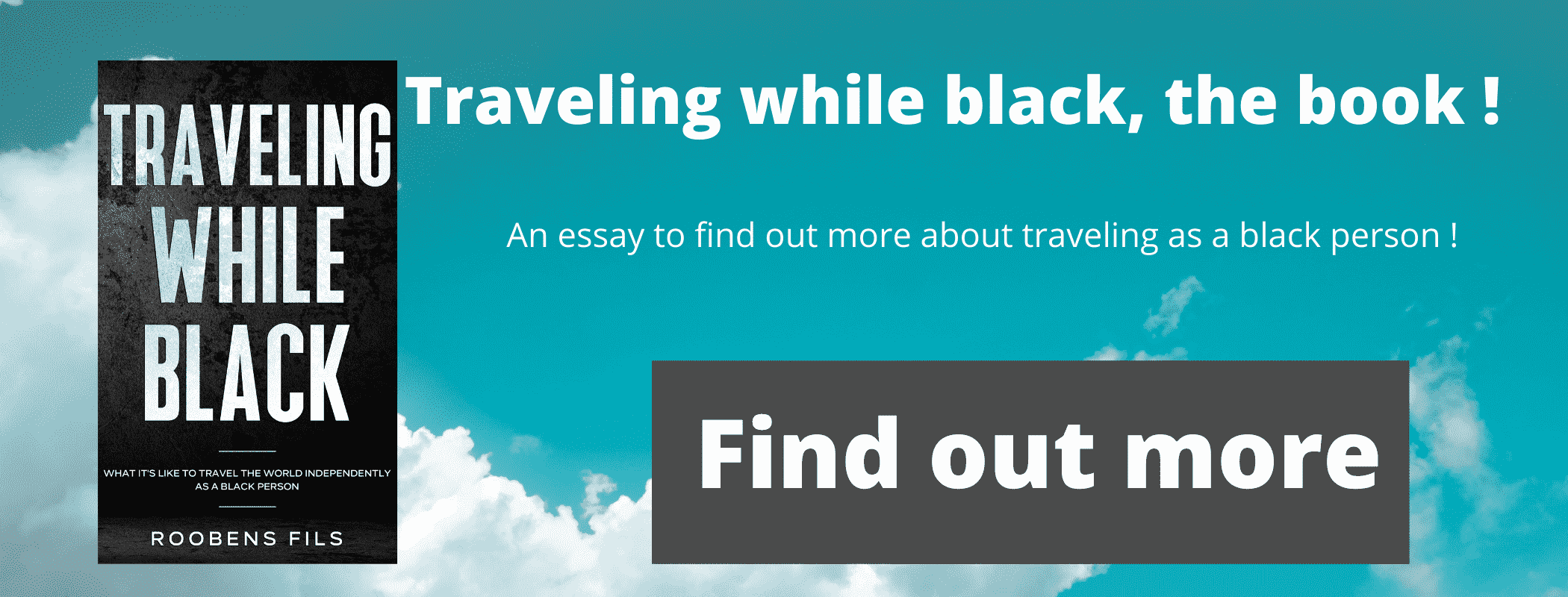





wow! such a great experience in Japan.
Thanks…
I’ve just got back from Japan a couple days ago. People did sit beside me on the subway but some didn’t but I’m not sure if that’s because the space was pretty tight between me and the other person ??♀️ I should also point out I’m a black woman and as a solo traveller my experience was amazing out there. This article is a very good read! Thanks for posting.
Thank you!!! I spent three weeks there by myself, and I had a great time too!
I think from my brother’s experience, it helps if you’re foreign, but neither Chinese nor Korean, but kinda look East Asian nonetheless while speaking Japanese. There are like, logic loopholes where it’s possible to fit, and while it will still not make you the same as actual Japanese, kinda like ‘honorary’ or ‘adopted’.
I think this is true of monocultures in general; I’d be very surprised if a longstanding monoculture is open to foreigners (I don’t mean as visitors, rather, as full and equal members of ordinary society). Even complete cultural assimilation may not be enough. And I second the observation that a culture can be extremely pleasant to visit as a tourist, very welcoming and you’d believe they are fundamentally open to foreigners – but it is often very different if you were to stay and seek membership. The SE Asian countries which are the top favourites of foreigners coming to visit, are actually among the most difficult to actually assimilate into as residents.
You’re right, it’s almost impossible to blend in a longstanding monoculture as a foreigner, no matter how hard you try!
One thing about Japan, is that they took a few refugees last year after much discussions…which were actually ethnically Japanese!
Indeed it’s one of the closest society in the world. Nobody indeed sits next to you, I had the same experience. Almost comical.
Haha yeah! Seems like they’re scared of us 😀
About eating in the street though, I did see some salarymen eating their bento boxes in a place near a park. Perhaps there’s a list of approved places 🙂
Maybe. The only woman I saw eating outside was in a park.
To be honest mister Roobens your blog made me realize that being black is not bad and I appreciate you and your blog.
As a young South African I believe that I can have a great time in any country in the world.
I wish to go to Japan someday because I’ve always dream about Japan.
I’ve read about the fear of rasism on your blog and honestly it felt like you’ve removed something heavy of my back
Thank you and keep on inspiring every race of every culture and of every nation.
We appreciate you brother
Thank you very much for your kind comment, I really appreciate it!